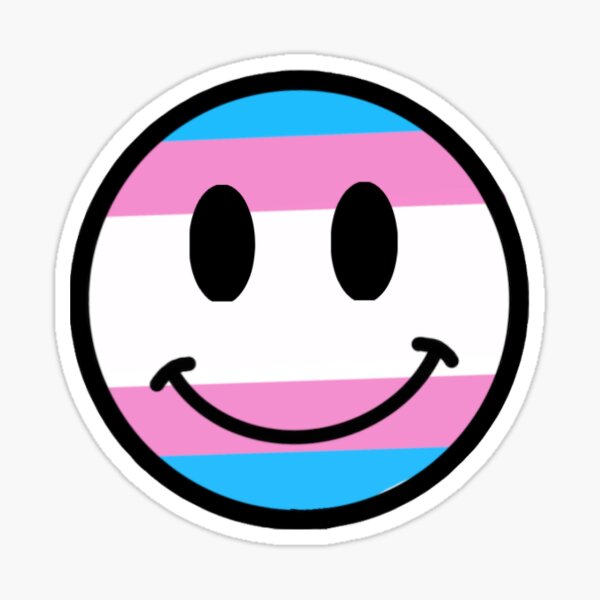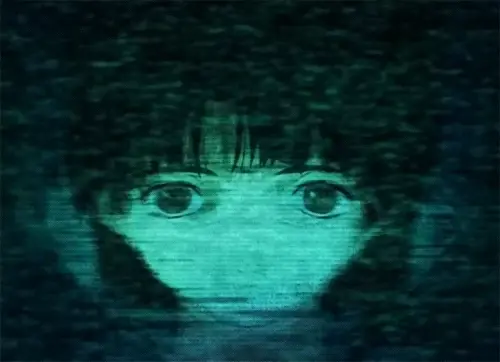Just something I noticed.
Post-Romero zombie pop culture has been cryptofascist to me since before I had a word to describe it. It creeped me out for many years but my concerns were shunned and mocked. I don't always see things accurately and my predictions are unreliable, but that one time I called it: the real horror was in the audience, the fandom. Far too many of them were there not for the horror but for the carte blanche fantasy of killing "the other" at will under whatever pretenses justified endless cruelty and ends-justify-the-means atrocities.
While I think that's generally true, particularly the resurgence of zombie fiction in pop culture that happened about 15 years ago, I can think of a number of notable exceptions like the Return of the Night of the Living Dead series which starts off hinging on the negligence of dipshit small business tyrants and directly compares the resulting zombie outbreak to older generations cannibalizing the young, then progresses into the general take of "actually military bioweapon research is bad" in stories where the zombies are basically elite individual monsters (I don't remember what the fifth movie was about apart from it being really stupid, like the Piranha 3D of zombie movies).
There was also some schlocky zombie movie called something like Rezort that I drunkenly watched a few years ago in which the zombies were explicitly the victims, being refugees held in private concentration camps that the villains were harvesting to turn into commodified zombies that they then sold to rich sociopaths who wanted to hunt them for sport.
Look up the lyrics to “My Green Neighbour” by Destrage. They perfectly capture what you are saying much more poetically and powerfully
Zombie apocalypse fanatics thinking they'll be survivors and not just a part in a greater whole of writhing, undulating flesh. It's us, we're the zombies, and they can't kill us all.
There's some memetic shift with that. The original zombie myth in Haiti is the horror of a slave society, the unique fear of an enslavement that even death offers no escape from. The focus is on the threat of becoming a victim of zombification. Then you have the first Hollywood zombie movies, where the zombie is stripped of its black roots, gets externalized and becomes an othered mass of mindless brain-eaters that embody the fear of violent, insurgent collectivism during the red scare era. Then comes Romero with zombies as a critique of consumer culture. Then you have Snyder's Romero remakes, that are just a fascist mix of homophobia and islamophobia. And now we're at stuff like The Walking Dead, were the zombie apocalypse vision focusses on the violent dystopia of societal collapse, but that dystopia is presented in a way that piggiebacks on prepper fantasies of SHTF scenarios and enables sadistic libertarians to see societal collapse as the beginning of a utopia where they can take their treat collection of guns and tactical gear and carve out their little fiefdom and rule as feudal lords.
How would one put the black roots back in without doing a cultural appropriation?
as i understand it, cultural appropriation is not an inherently bad thing. It often is, when black creators are overshadowed by white copycats catering to cracker audiences, when indigenous art is stolen in colonial contexts or when sacred traditions get turned into commodities. but all culture is appropriative to some degree, that kind of exchange is just part of cultural production, and it can be done respectfully when you try to learn about the culture you're taking inspiration from and treat it in a dignified way.
there's some disagreement about that ofc, some would argue to just let black people from the caribean tell new zombie stories. but i'd say if you avoid racist stereotypes about voudoun, if you understand and pay hommage to the original folk tales and their religious context (voudoun is, after all, a religious practice that is still alive both in west africa and in the diaspora) and when you take that as a starting point to develop the genre of zombie fiction further and use your position to shed more light on its often overlooked origins, there's nothing wrong with that approach.
Just bringing zombie fiction back to an allegory for capitalistic slavery would be a step in the right direction.
Counterpoint: Vampire stories are about putting rich aristocrats back six feet under where they belong.
My hot take is that the Twilight series was low-key billionaire apologia, up to and including "the good ones" and lamentations about how the masses simply can't understand how glittering and special and wonderful the parasites are.
The only good vampire stories are the ones where you kill them, not fuck them. :volcel-judge:
They can be. If you tackle this from a speculative fiction POV, a secret society of immortals quickly ends up with a hyper-privileged class of 1000 year old aristocrats - succeeding at capitalism is a generational, dynastic project for mortals, but if you've got centuries to plot and hoard, it becomes feasible for the individual. Not to mention that the vampiric condition can be seen as inherently parasitic. Antifa Vampire Hunter Academy should absolutely be a thing.
But you can spin this in a number of ways. Folk superstition about vampires being a thing people actually believed in coincide heavily with the prevalence of typhus. An undead relative slowly sapping the life force from entire families or villages became a widespread explanation for the slow death by the "wasting disease" in lots of rural communities, both in the Balkans, in the UK and in the US. Then, the first gothic vamire stories were about the threat of lesbianism, or how the evil, backwards, cruel, queer-coded slav destroys noble British society by making England's prudent daughters horny and spreading disease. And nowadays, you have stuff like True Blood or Bit, where queer vampires are a good thing and it's the vampire hunters that are the nazis.
Oh definitely, horror is a broad genre with a lot of different takes and by and large I think we're just meming here with how reductive we're being, but you make excellent points about how modern vampire stories have reclaimed queerness from a genre that can definitely be read as homophobic.
Similarly I'm reminded of works like Lovecraft Country and Winter Tide that foreground Lovecraft's racism and attempt to reclaim them by turning the narrative to the horror of being persecuted for being a marginalized group, by centering the narrative from the Pov of what would traditionally be the villains in Lovecraft's work.
Edit: Like imo personally my favorite horror is when the monster is actually capitalism, racism or patriarchy- like in Get Out, because of course we're all :LIB: here
Similarly I’m reminded of works like Lovecraft Country and Winter Tide that foreground Lovecraft’s racism and attempt to reclaim them by turning the narrative to the horror of being persecuted for being a marginalized group, by centering the narrative from the Pov of what would traditionally be the villains in Lovecraft’s work.
I've thought for a while that this would be a great approach to Lovecraft. Something like The Shadow over Innsmouth, but written by an immigrant who's also a marine biologist and describes Dagon as a dude that just wants to vibe under the waves. I love the whole Cthulhu mythos, but there's something so ridiculously stuck up about it, like cmon dude, are you seriously scared of soap bubbles? It's just ripe to be deconstructed a bit.
I'll also add that a lot of horror stories by King involve being scared/creeped out by people with mundane mental disabilities as well. It's not exclusive to Stephen King either, there's plenty of horror stories and films that revolve around "creepy kid with autism/personality disorder"
On the other hand, a lot of myths of monsters are allegorical for existing class antagonisms or contradictions in those societies. Vampires are the obvious parallel to parasitic capital or aristocratic landed class devouring the peasantry. Zombies are an inversion of that, the point of view of a bougie (to Vampires, humans are all mindless zombies they can manipulate for their entertainment but also threaten to overwhelm them and storm their castle. There’s a reason almost all Zombie movies are set in a fixed property location the “humans” are defending from the dirty unwashed horde, it’s a manifestation of petty bougie fears of their property being taken and the existential threat that represents. If they get their property taken then they will get turned into a zombie too, a landless prole)
If you're ever looking for more in-depth ponderings about Horror check out Horror Vanguard





